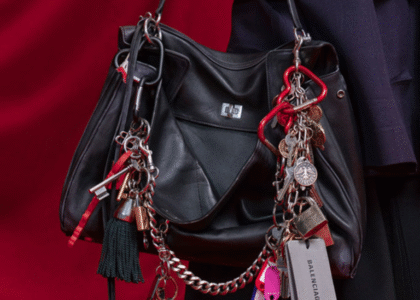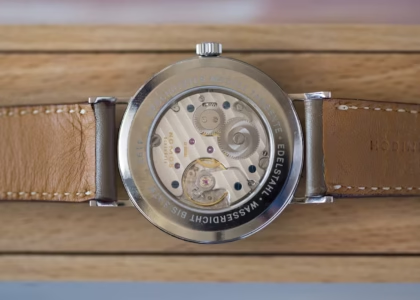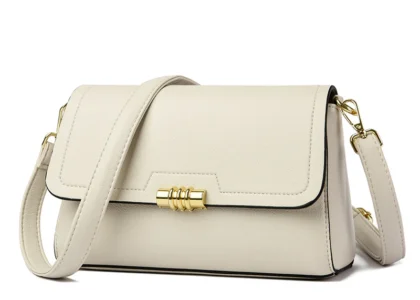In a bold move that’s sending shockwaves across the fashion industry, Italy fines fast-fashion retailer Shein a whopping $1.15 million for what authorities call “misleading environmental claims.” The fashion behemoth, beloved for its ultra-cheap clothing and viral hauls, is now under fire for overstating its eco-friendly practices — a practice known as greenwashing. But what does this mean for the average shopper, and why does it matter now more than ever?
Let’s unpack what happened, why it’s important, and how this case could reshape the future of fast fashion.
Italy Fines Fast-Fashion Leader Shein Over Misleading Eco Claims
In June 2025, Italy’s Antitrust Authority (AGCM) ruled that Shein’s public messaging misled consumers into believing its products were environmentally sustainable. The company had been marketing clothing collections as “eco-conscious”, without providing verifiable proof or transparent data to back up these claims.
The fine of €1.09 million (around $1.15 million) may not be a heavy financial burden for Shein, but symbolically, it speaks volumes.
Why Italy Fines Fast-Fashion Brands Like Shein: The Greenwashing Crackdown
Italy’s action reflects a growing European crackdown on greenwashing. Authorities are putting brands on notice: false sustainability claims won’t fly. These misleading statements not only misinform consumers but also undermine genuinely sustainable brands trying to make a real impact.
💡 Key takeaway: When brands use vague buzzwords like “eco-friendly” without proof, they’re now more likely to be held legally accountable.
Fast Fashion’s Environmental Cost: Why Fines Like These Matter
Fast fashion isn’t just a trend — it’s a global issue. It promotes overconsumption and creates immense textile waste, often under questionable labor practices. According to the UN Environment Programme, the fashion industry is responsible for up to 10% of global carbon emissions — more than international flights and maritime shipping combined.
When a company like Shein, known for pumping out thousands of new styles weekly, claims to be “green,” it naturally raises eyebrows.
What Italy’s $1.15M Fine Means for Fast-Fashion Shoppers
The Italy fines fast-fashion case is a wake-up call for consumers. Here’s how you can shop smarter:
- Check for transparency: Look for brands that publish full sustainability reports.
- Beware of vague labels: “Green,” “conscious,” or “eco-friendly” mean little without proof.
- Support slow fashion: Invest in quality pieces from brands that prioritize people and the planet.
For those who still love trends, check out our guide on Trending Fashion Accessories in 2025 to shop fashion-forward and smart.
Italy Fines Fast-Fashion Players – Who’s Next?
Italy’s fine isn’t the first, and it likely won’t be the last. Other fashion giants like H&M and Zara have also faced scrutiny for greenwashing in the past. This is part of a broader movement across the EU and US to regulate deceptive environmental marketing.
🌐 External Insight: What Is Greenwashing and Why It Matters
According to a BBC Future article, consumers are becoming more eco-savvy, and regulators are catching up. Governments are now pushing for legislation that forces brands to prove their claims or face serious consequences — just like Shein did.
The Future After Italy Fines Fast-Fashion Companies for Greenwashing
As Gen Z and Millennials continue to push for authentic sustainability, fashion brands will have no choice but to evolve or risk reputational damage. This shift might just be the start of a more honest and environmentally conscious fashion industry.
Final Thought:
Fashion doesn’t have to cost the Earth. And thanks to actions like the one in Italy, we’re finally seeing steps toward accountability.











